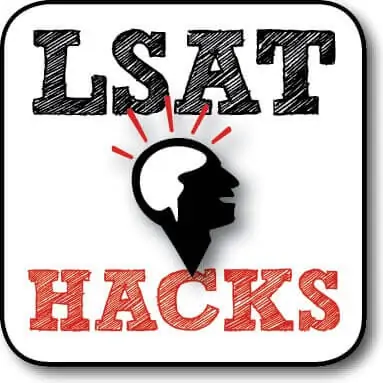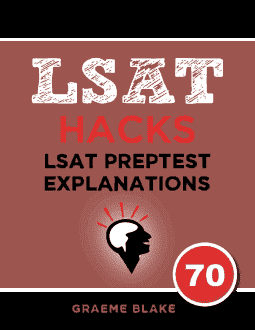This is an explanation for passage 4 of LSAT preptest 70, the October 2013 LSAT. This passage is about how policy experts and regular people decide whether to pay to improve safety. Policy experts focus on the number of lives saved, regular people focus on “voluntariness”.
This section has paragraph summaries and an analysis of the passage, links to the explanations for the questions are below.
Paragraph Summaries
- Policy experts care about how many lives can be saved. Laypeople care about whether a risk is voluntary. But ‘voluntary’ is ambiguous.
- Most things are part voluntary and part involuntary. Laypeople mistakenly focus only on the moment an accident occurs, and not what lead up to the accident.
- “Voluntary” often means “I don’t like what that person is doing and I don’t want to pay money to help them”.
- The government should simply try to save as many lives as it can. Voluntariness per se should not be a criterion.
Analysis
This is a somewhat complex passage. It’s not a good idea to read a passage like this once and move on to the questions. If there are parts you didn’t understand, you should go back to reread them. You’ll go a lot faster on the questions if you understand the passage. Rereading can save you time.
The passage talks about how the government should improve safety. Most people agree that the government should act to reduce risks.
But normal people and experts disagree. Regular people focus on whether a risk is voluntary. Experts focus on how many lives can be saved for a certain amount of money.
The Author Agrees With Experts – Voluntariness Isn’t Useful
The author agrees with the experts. The central point of the passage is that “voluntary” is not a good way to decide how to reduce risks.
When deciding whether something is voluntary, normal people just focus on the moment in which danger occurs. An airplane passenger is an example. If you’re on a plane, you can’t move, so the situation feels “involuntary”.
But the author points out that people choose to go on airplanes. Almost everything is at least partly voluntary (the second sentence of the second paragrap).
The third paragraph says that if we don’t like an activity, we’ll label it “voluntary” in order to avoid paying for safety improvements. Yet we’ll pay to improve the safety of voluntary activities if we like those activities. So we’re supportive of protecting firefighters but not skydivers, even though both activities are voluntary.
Exception To The “Most Lives Saved” Rule
The final paragraph is a bit cryptic. It says that we should listen to experts and save as many lives as we can – that part is clear.
But what does the second half mean? Departures from the principle should be based on “specific considerations for which voluntariness serves as a proxy”. What?
I’ll illustrate with an example. Why do people actually think fireman deserve to be safe? It’s because firemen risk their lives to protect us. Skydivers don’t protect anyone. Further, people who don’t like skydivers think that they risk their lives foolishly.
This distinction causes regular people to say that firefighters deserve support, but sky diving is voluntary.
So the final paragraph suggests that we can make an exception to save firefighters, even if it would be more cost effective to save sky divers. But the exception should be made because fire fighters protect us, not because of voluntariness. “They protect us” is the thing that voluntariness is serving as a “proxy” for, so that’s what we should use to justify exceptions.
So the author doesn’t think that laypeople are completely wrong. Sometimes their intuitions are valuable. But we should focus on the reasons that make people label something “voluntary”. Voluntariness itself is not a useful concept (last sentence of the fourth paragraph).
How To Approach Difficult Reading Comprehension Passages
Most of the wrong answers for these questions are nonsense. When a passage is difficult, the LSAC intentionally writes nonsensical, confusing answers. They assume that you were hallucinating when reading the passage, because most of the wrong answers have nothing to do with anything. There are a few ways to fix this:
- Reread the passage until you’re clear on what it says.
- Treat the answers as your enemy; assume they’re lying.
- Read all the answers before spending too much time thinking about them. This helps on questions where the right answer is D or E, and is obvious once you reach it.
- Try to figure out what an answer actually refers to.
- Justify the answers using actual lines and ideas from the passage. Don’t just use your gut.
The most important thing you should know about this passage is that voluntariness is not useful. It’s a sideshow. See last two sentences of the first paragraph and last sentence of the fourth paragraph. We should not be using voluntariness for anything.

Want a free Reading Comp lesson?
Get a free sample of the Reading Comprehension Mastery Seminar. Learn tips for solving RC questions


Leave a Reply